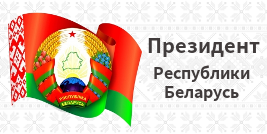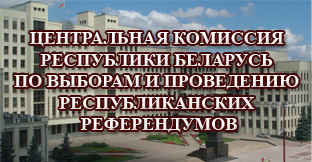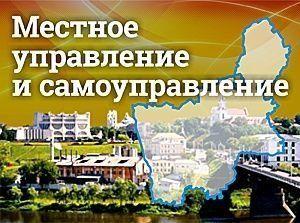When we talked with the people who will be discussed in this publication, it was still morning, and our interlocutors were in a spontaneous camp. Shortly thereafter, events at the border picked up the pace. All the refugees were relocated to the logistics center, hot meals were brought up there, a caravan drove up, and the vaccination station began to work. Journalists everywhere needed to be in time.
But by the evening, the morning conversation did not lose its relevance. We suggest reading about it now, when people are settling for the night in the camp. And before going to bed, a person, as you know, thinks about the innermost.
Morning. The clock is 10:45. Bonfires and tents are still smoldering at the Polish border. There is a special atmosphere here. Everywhere screams and crying of children, it even seems as if the air itself is saturated with despair of people. We pass deep into the camp. I notice a short woman with curly hair. She, like everyone else here, is trying to warm up by the fire, wrapping herself in a blanket. The woman's name is Amal, she is from Iraq and has been at the Polish border with her husband and family for over a week.
- Sleeping here outside is already simply unbearable. Our clothes are all wet after Polish water cannons, which further aggravates our situation. Jackets and sweaters no longer keep us warm. We had to throw blankets into the fire tonight to keep warm. This is very, very terrible. I heard that yesterday your President spoke with Angela Merkel.

I am sure that your government wants to help us and is helping us with food and drink, but I no longer trust Germany. We have been here for more than a week, and if Germany really needed us, it would have taken measures long ago to transport us to the European Union. After everything we've gone through, I no longer believe Frau Merkel, says Amal.
We pass further. Not far from the tent where the Amal family spends the night, I notice an oriental-looking man with a small child in his arms. Mamata is 29 years old, he, like other refugees, has been at the Belarusian-Polish border for more than a week now, hoping to get to Europe.
- I'm here with my family. My wife, nine-month-old daughter, brother, sister and mother are forced to live in difficult conditions. It is very difficult for my mother here. She is a person of age, and she simply cannot endure anymore. I, like other refugees, tried to cross the border, but the Polish soldiers dealt with us very cruelly. They used strong jets of water, sprayed some kind of liquid into their faces, after which their eyes hurt badly.
I have been in Belarus for 45 days. During this time, the weather has changed a lot. At the present time it is very difficult to sleep here on earth. It is cold at night, the north wind blows. It is especially difficult for young children and the elderly. My daughter does not sleep at all at night, she constantly cries. I just don't know how to answer her. Yesterday the whole camp was jubilant at the news that Lukashenka was talking to Germany. I really want to believe that something will change, but lately I have started to lose heart more and more often. Now only hope and the help provided by the Belarusian authorities help us to survive.

Hopes for a better future 25-year-old Kurdish Mohammad Taha. The guy has been at the Polish border for 10 days and admits that if the world community cannot migrants, they can die here.
- We really hope that Europe will help us and take it to itself. This is the biggest dream not only of mine, but of all migrants here. I only slept three hours during the night. You can't even imagine how cold it is. More and more often I begin to think that my health will not stand it any longer. But I know that there are people here who are many times more difficult than me, for example, there is a man in a camp who has no legs. I can't even imagine how he feels here. I swear if we don't get help we might die here. But there is still hope. After yesterday's conversation between Lukashenka and Merkel, we all expect that something will change.





























